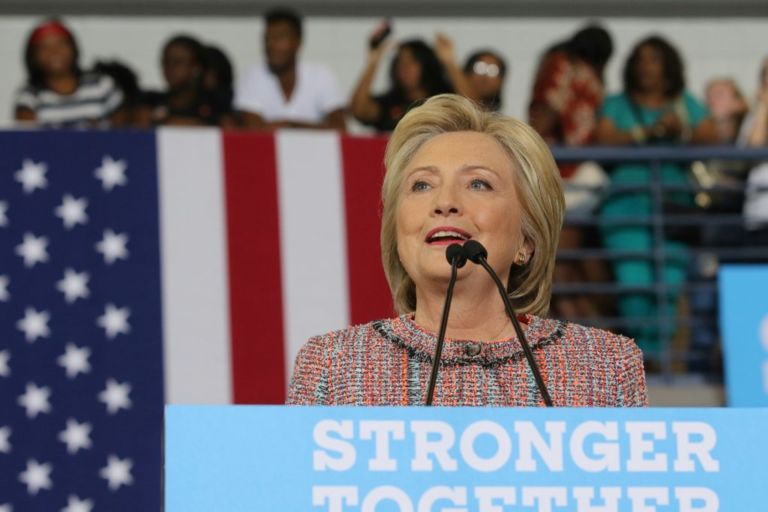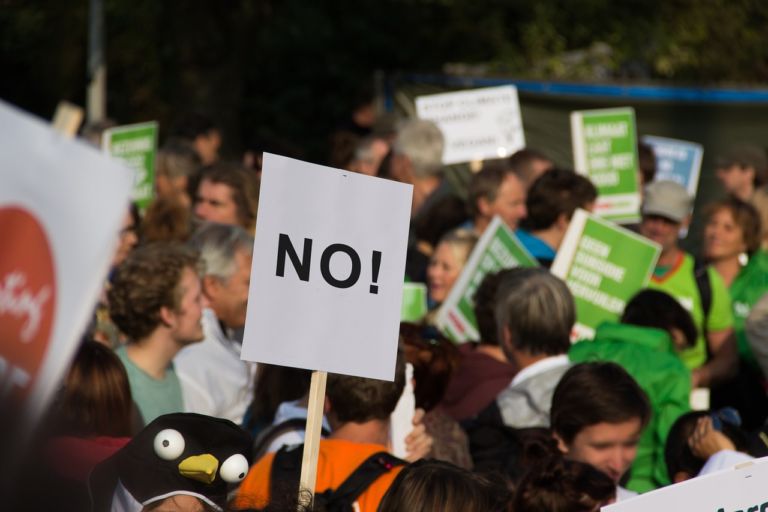Jim Geraghty of National Review Online explains why Democrats would be unwise to think celebrity endorsements will make much difference for them this year.
[A]ctor and former Uvalde, Texas, resident Matthew McConaughey spoke at the White House, expressing hopes for some sort of deal to address mass shootings in schools, and as far as Hollywood celebrities go, McConaughey has always seemed like a decent, well-meaning, and not particularly partisan voice.
But McConaughey comes just a few days after Biden welcomed the K-Pop group BTS in the Oval Office, discussing anti-Asian hate crimes and inclusion, and it is hard to shake the sense that the Biden White House expects pop-culture celebrities to help get them out of the doldrums, low job-approval numbers, leaks, infighting, messaging problems, and more significant policy problems.
I am reminded of 2018, when Democrats convinced themselves that Taylor Swift getting involved in races in Tennessee was a game-changer. Both then and now, Taylor Swift is about as big a name as they come in American pop culture. I did not remember Swift’s endorsements making much of a difference. …
… “The impact, at first, seemed, pretty significant, with Vote.org reporting a huge spike of 65,000 newly registered voters in the first 24 hours after Taylor’s Oct. 7 post. Alas, Bredesen lost his race to Republican Marsha Blackburn by a nearly 11-point margin, while Cooper kept his seat after beating Republican Jody Ball by more than 35 points.”
This is why you shouldn’t turn to a pop-culture magazine for your political analysis. I suppose Tennessee Democrats could argue that Bredesen’s 43.9 percent is better than usual for Democrats. … But then again, 2018 was generally a good year for Democrats nationally. …
… Celebrity endorsements rarely have much of an impact — and when gas is averaging $4.91 per gallon nationwide, I don’t think many voters will care what any pop star or movie star thinks.


